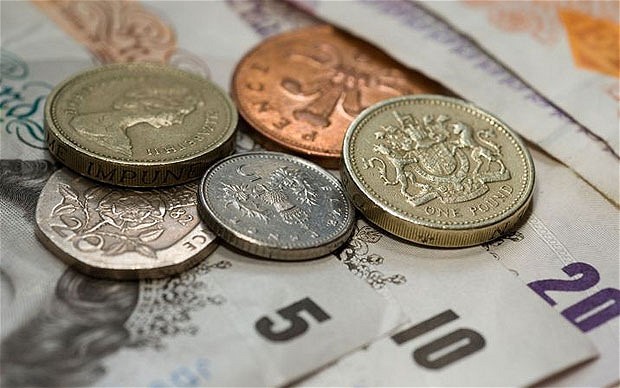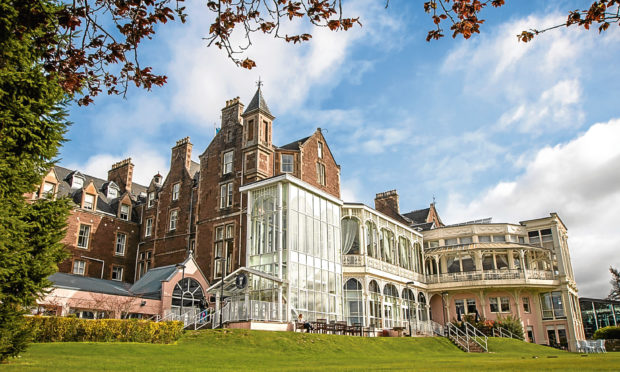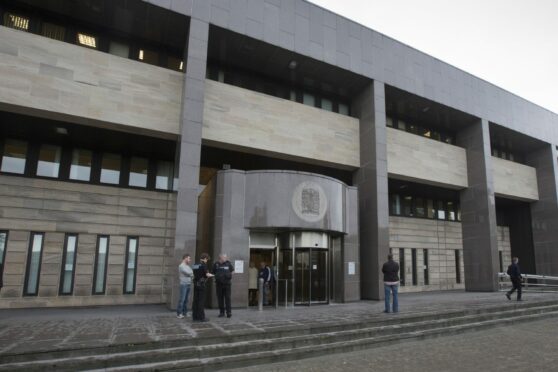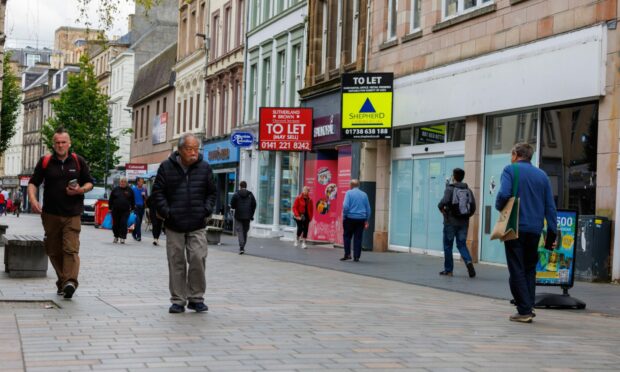One coffee shop owner took drastic action last week after losing his local RBS branch.
Bosses at the Habitat Cafe in Aberfeldy told customers they would no longer accept cash payments.
Owner Mike Haggerton said the loss of the town’s RBS meant a near three-hour round trip to Perth to deposit his takings.
Signs at the cafe state: “We don’t want to go cashless but RBS has left us with no option if we want to continue trading and employing people.”
It’s sad to hear that a local businesses has been forced into this position. And there are warnings that other firms could follow suit.
But is it just a sign of the times? And maybe an indication of where we are all heading?
Sweden, for example, is on the verge of becoming the world’s first completely cashless society.
According to a BBC investigation, the vast majority of the country’s banks no longer handle cash and have stopped customers withdrawing or paying in money over-the-counter.
In inner city areas, you can only pay for food, coffee and cakes with card or smartphone.
Only a quarter of people in Sweden say they use cash at least once a week, while the proportion of the country’s cash transactions have dropped from 40% in 2010 to 15% today.
For the majority of Scots, I doubt this would cause many problems. Chip and Pin machines have made paying by card easier and quicker, while smartphone apps mean you don’t even have to take your bankcard when you go out shopping.
I was surprised to hear of a friend who, caught without cash in a local park, managed to buy an ice cream for his son from a vendor using Paypal.
But if Scotland went cashless tomorrow, many groups and individuals could miss out.
Charities rely heavily on donations of small change, while many parking meters still don’t accept card payments.
And is it really a good idea to take your card to the pub on a night out, rather than a set amount of money you can keep a check on?
Let’s not forget, there are many people who, for various reasons, just can’t use debit and credit cards – many under 16s, for example.
There is a danger that going cashless could lead to an underclass in society, people who are unable to pay for everyday goods.
And it was only a few days ago that the Visa system went down across Europe for a few hours, showing us that we maybe rely too much on cards and technology.
As historian and philosopher Yuval Noah Harari reminds us, the value of money is merely a figment of our collective imagination. Somewhere in history, someone has told us that these bits of paper are actually worth something and we’ve all decided to believe it.
Perhaps old fashioned folding money could one day disappear just as easily.










